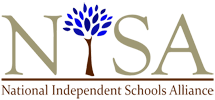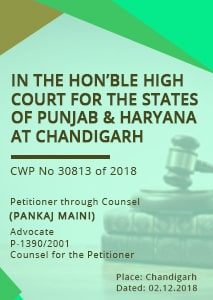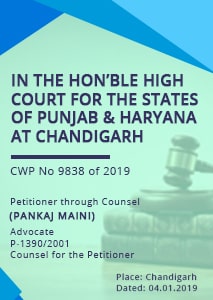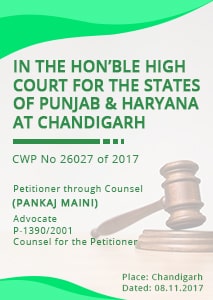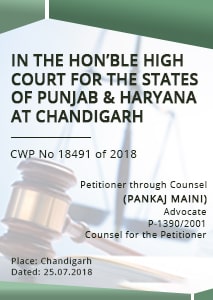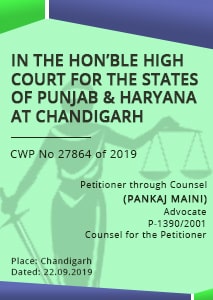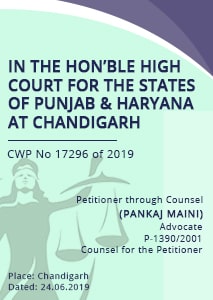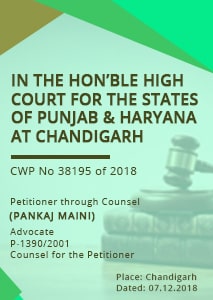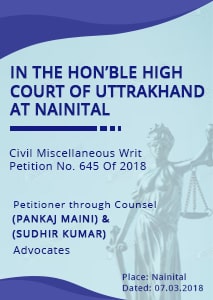Advocacy
Policy Advocacy
Legal Advocacy
Advocacy
NISA engages with Central and State governments, policymakers, judicial experts, and other key stakeholders, to reform policies that affect the functioning of BPS. Through one-on-one meetings, policy roundtables, state and national level meetings, publications, and needs-based campaigns, NISA advocates for a shift of focus from input-based to learning outcome-based regulations. NISA’s advocacy work is supported by strong research that focuses on the needs of BPS and challenges in regulations.
We launched SHIKSHA BACHAO ANDOLAN (SAVE EDUCATION CAMPAIGN) as part of our advocacy campaign to voice our concerns regarding the challenges in the education system.
Following this, a mass gathering of all stakeholders took place on 7th April 2018 at Ramleela Maidan to demand educational reforms. For the representation of our charter in policy-making decisions concerning education, we presented our charters to our Hon’ble PM, Shri Narendra Modi. Some of the main demands were that each parent is empowered with Rs 2,500/- per child per month to meet the schooling expenses of their children, education/teaching services to be made tax-free, safety and security of all students, teachers, management, and school premise to be ensured and amendments to RTE Act 2009 for learning outcome-based school recognition system instead of mere infrastructure-based norms which have led to thousands of schools to close down. On 24th February 2016, we also organized a demonstration at Jantar Mantar against the closure of schools by the government on infrastructural grounds. As a result of several suicides by teachers due to financial problems and indefinite school closures, we demanded autonomy for Budget Private Schools, easier opening and regulation of schools, and recognition for these schools.
Policy Advocacy
Currently, the regulation of school education is primarily input-driven. This poses several challenges. In other words, regulations focus on infrastructure, teacher salaries, compliance with various state and federal norms, etc. Schools across the nation have been forced to close as a consequence. Regulation of schools, both public and private, need to be based primarily on learning outcomes.
There is a constant threat to the autonomy of schools in terms of timing, fee, teacher salary, curriculum, infrastructural facilities, etc. One of the main problems with lack of autonomy is a lack of motivation, the restricted scope for innovation, and limited incentive for teachers and principals to perform. Schools must be given greater decision-making powers and control over resources such as school finances to be able to innovate and improve their schools and classrooms respectively. The decision to detain a child or not should be left to schools based on various factors and it can’t be taken by the state.
In a country where there is a need to open more and more schools, it is disappointing to know how difficult it is to open and run a school. A school depending on its location and standard (primary, secondary or senior secondary) requires 15 to 36 permissions (certificates, approval, documents) or even more. It becomes even more difficult to run the schools as norms comply with changes from time to time. It is time to introduce ‘Single Window Clearance’ about getting all permissions in a time-bound manner so that more schools can open up and contribute to providing quality education.
One of the main challenges in the current approach to regulation of school education is that it is highly input-driven. i.e. focus of regulation is on infrastructure, teacher salaries, compliance with various norms laid down by the central and state governments, etc. This has led to the closure of around 1 Lakh schools across the country. We must introduce a system of regulation where learning outcomes become the key factor in the regulation of schools, both government and private.
State rules under the Right to Education Act require recognized schools to take re-recognition every three years. This adds an unnecessary burden on schools and opens up the door of corruption and should be taken down. The state government grants recognition to schools after inspection of infrastructure to ensure compliance with norms. After school is recognized, it should be free to choose the board (state, CBSE, icse, etc). Boards should not be allowed to force their conditions for affiliation. Boards should restrict their role to setting syllabi, prescribing books, holding examinations, taking up research to improve the quality of education, etc.
Schools must be non-profit entities in India. While schools are not allowed to make a profit, schools pay electricity, water, property, and other charges at commercial rates. It is important to start considering education as an important component of the service industry similar to health, telecom, and electricity where the entry of for-profit entities has immensely benefited the sector in terms of both access and quality of services enjoyed by common citizens. The idea is not that all schools must become for-profit entities but the option to choose between nonprofit and for-profit models should be available to the existing as well as newly opened schools.
Government funding in education needs to take a new approach in which the unit of funds allocation and spending is a “child” and not “schools”. Currently, the government while making budgets calculates costs per child but while allocating and spending budgets, funds are routed through institutions such as the Education Department and Schools. In addition to bringing more accountability and transparency in expenditure, funding students also facilitates healthy competition between different schools to attract and retain more students. The net outcome of the competition is improved quality of education
Third-Party assessments can be described as a Health Check-Up of the education system. They hold the potential to provide clues for multiple non-performing and performing factors within the system. One of the foremost benefits of third-party assessments is the availability of per child learning data which provides important clues for higher-level policy decisions as well as classroom-level education delivery strategies to be implemented by teachers and principals. In the current system scope of the National Achievement Survey (NAS) can be expanded to cover all schools and all children enrolled therein to execute third-party assessments.
Currently, the government plays the role of regulator, financer, and provider of education all at the same time. Some of the key challenges with this structure are lack of independent and neutral monitoring of government and private schools, favorable treatment to the government schools, and lack of accountability in financing education. These three roles must be separated and handled by separate entities.
Education data is collected by central agencies (at the state and/or state level) periodically. While the data quite often are made available in the public domain, the time-lapse between data collection and publishing the data poses serious challenges in terms of the validity and utility of the data. The data available in the public domain is often in formats not understood by common citizens, particularly parents who could use the data while selecting schools for their children, National Independent Schools Alliance to demand accountability from schools, etc. It is important that Management Information Systems is created in each state and entire school data is available in vernacular languages in uniform formats all the time on websites.
RTE gives exemption from clearing Teacher Eligibility Test to teachers of government schools teaching before implementation of the RTE Act. However, it gives an exemption of only 5 years to teachers in private schools. The law should apply to both, government and private schools in the same manner and its application. TET is currently conducted for B.Ed passed outs. We recommend that the TET should be conducted before the B.Ed as a qualifying exam.
The school education sector lacks infrastructural capacity and requires investment to build the facility. However, there is no investment support available to build infrastructure. Banks don’t provide loans to build schools. We recommend setting up a body like ‘School Finance Corporation’ to give low-interest easy loans to build new schools or improve infrastructure in the existing schools to meet the existing norms.
Today, almost 40% of children across the country are enrolled in private schools and the number is constantly increasing. However, private schools don’t get to play almost any role in formulating education policy. Government plays the role of the regulator which itself is a service provider and therefore education policies by design happen to have a discriminatory approach toward private schools. We demand the setting up of an independent and autonomous body, similar to the Election Commission of India or the Comptroller and Auditor General of India (CAG), to formulate an education policy consisting of ‘Educationists’ with representatives from private schools.
Legal Advocacy
